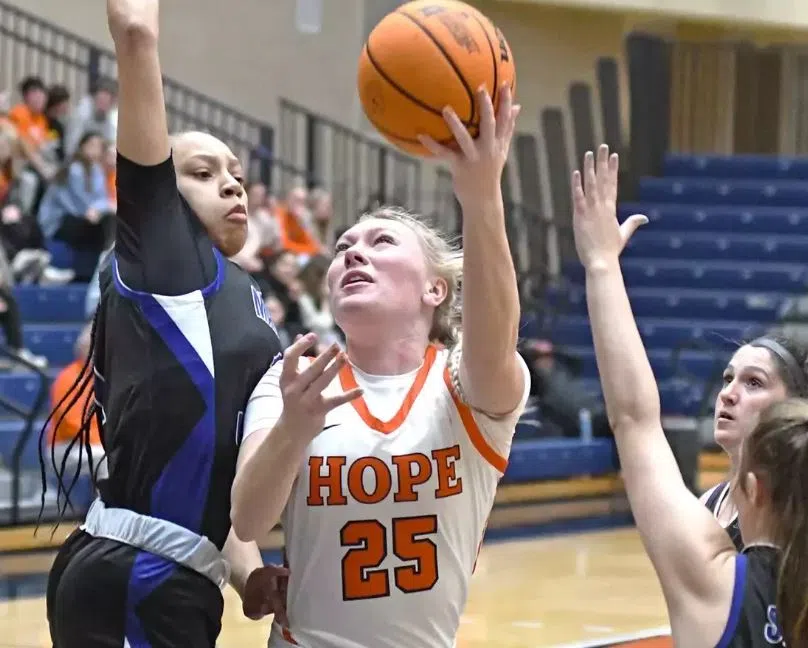By Valerie Insinna and Abhijith Ganapavaram
(Reuters) -Spirit AeroSystems will deliver a lower number of 737 fuselages in 2023 due to a roughly two-week work stoppage, negatively impacting revenue, earnings and cash flow for 2023, the company said on Wednesday.
The aerostructures maker will deliver 370 to 390 narrowbody 737 fuselages to Boeing in 2023 after a strike by employees represented by the International Association of Machinists and Aerospace Workers (IAM) stopped operations at its production facility in Wichita, Kansas, from June 22 to July 5.
The new labor agreement will add $80 million to annual costs, Spirit said. In the second quarter, the company absorbed $28.3 million in cost related to the new labor deal as well as $7.3 million in strike disruption charges.
“While the first vote resulted in a work stoppage, we quickly went back to the table with our union partners and reached a resolution. However, the strike did impact our production and deliveries, as reflected in earnings and cash flow,” Chief Executive Officer Tom Gentile said.
Cash burn was $211 million for the three months through June, the company said, compared to $79 million a year earlier.
The Wichita site makes the entire fuselage for Boeing’s best-selling 737 MAX narrowbody jet and the forward sections for most of its other aircraft as well as pylons for the Airbus A220.
Spirit on Wednesday said it had completed all work needed to fix incorrectly installed fittings that join the aft fuselage to the vertical tail on some 737 aircraft.
However, it recorded a $23 million loss in revenue “to account for a potential claim from Boeing for repair work to date at their facility,” adding that this estimate represents “the low end of the range of potential liability.”
The aerostructures company estimated that Boeing has completed approximately half of the required work.
Spirit in May said the work and the resulting disruptions could cost it $31 million in full-year profit, while adding that additional costs were expected.
Revenue rose 8% to $1.37 billion.
Second-quarter adjusted loss per share was $1.46. Analysts polled by Refinitiv had expected a loss of 87 cents per share. It was not immediately clear if the figures were comparable.
(Reporting by Abhijith Ganapavaram and Valerie Insinna; Editing by Sriraj Kalluvila and Mark Porter)






